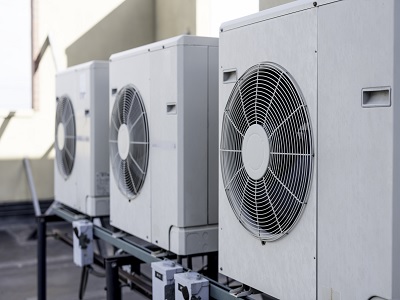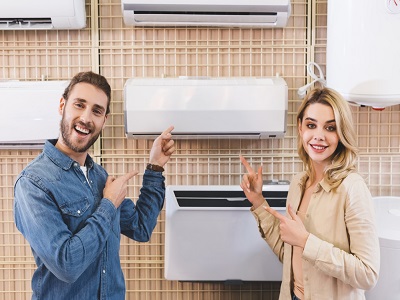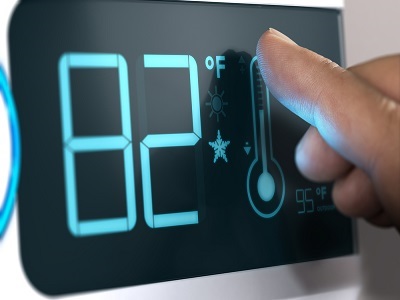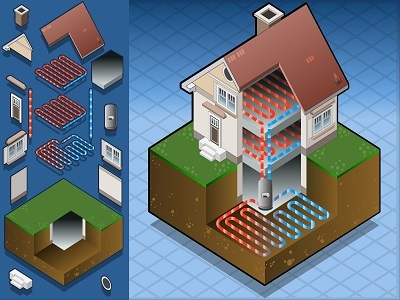
Among the most cost-effective, long-term solutions for heating and air conditioning is the ground-source heat pump, more typically known as a geothermal heating system. This system utilizes the natural capacity of the earth’s soil or groundwater to keep heat, storing this heat and sending it to homes and other buildings.
The groundwater and soil of the earth keep a rather continuous temperature level a couple of feet below the ground surface area making geothermal systems a reliable technology for heating and cooling. While new buildings might include geothermal heating, this type of system can be retrofitted into existing buildings and homes for heating and cooling and even offer a warm water source. You can lower your energy footprint, conserves your utility costs, and do your part in decreasing contamination by relying less on nonrenewable fuel sources.
Understanding geothermal heating systems
The majority of geothermal heating systems move the heat from groundwater or soil by making use of a matrix of tubes called closed loops or open loops. Closed loops utilize antifreeze and water option distributed through what is called a ground loop which enables the extraction of heat from the earth. Open loops utilize well water to utilize as the source of heat and when utilized it goes back to another well or a drainage compartment.
Each geothermal heating unit contains a ground loop, an indoor heat pump, and a flow center that links the outdoor and indoor heating devices together. The heat pump removes the heat from one area (the earth) and deposits it in another (the home) utilizing the ground loop as the channel for transfer. The open or closed loop systems constantly transfer the liquid over and over to maintain the transference of heat. The beauty of geothermal heating systems is that they can be utilized for almost any size home.
Cooling is likewise achieved throughout warm seasons using the geothermal heating system. In this circumstance, the process of drawing heat into the home is reversed. The system draws heat away from the home and transferred it to the earth for absorption. This geothermal process is a lot more energy efficient than a regular air conditioning unit for keeping the house cool throughout warmer weather conditions.
The size of the geothermal heater will determine the cost you can expect to pay. The approximate investment can differ and your HVAC contractor can give you an estimate, but the system lasts much longer than traditional heating and cooling methods about 30 years! In contrast, traditional central air conditioning and heater run about $5,000 to $10,000 and cost more monthly to run than geothermal units.
If you are in the process of preparing to build or remodel a home, it is the best time to consider integrating a geothermal heating system. Not only is it more energy efficient to heat and cool your home, it is likewise a “green” technology. Jump on the environmentally friendly bandwagon and save cash in the long run too!
When you are ready for a new heat pump, give J.C.’s Heating and Air a call to discuss your options.
Like our Facebook page for more great info about HVAC services.
J.C.’s Heating and Air
3709 N Broadway
Knoxville, TN 37917
(865) 388-1712
https://jcsheatingandair.com/

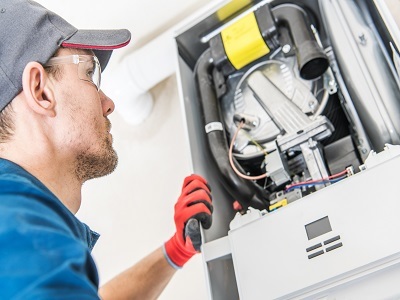
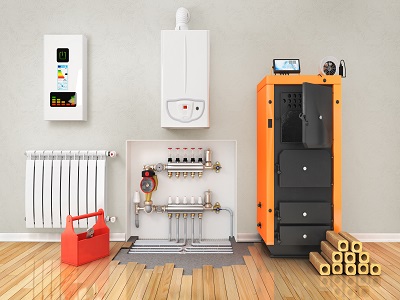
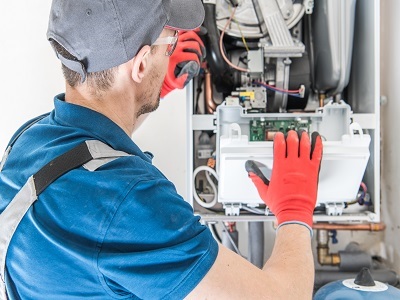

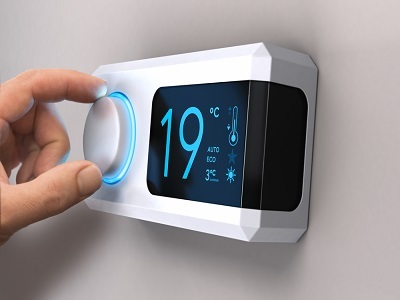

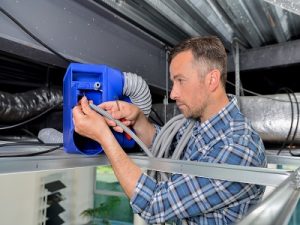 Let’s first discuss the energy efficiency benefits before we get into the 2023 minimum efficiency standards. While we all like the idea that our
Let’s first discuss the energy efficiency benefits before we get into the 2023 minimum efficiency standards. While we all like the idea that our 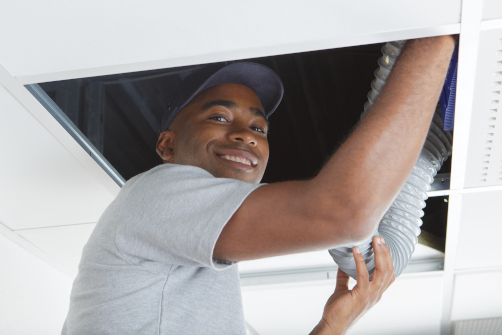
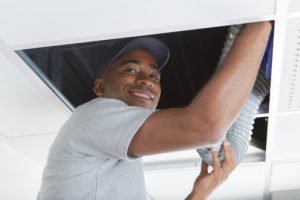 Your system is not providing enough heat or cooling. If your system is no longer able to keep your home at the desired temperature, it could be a sign that it is reaching the end of its lifespan.
Your system is not providing enough heat or cooling. If your system is no longer able to keep your home at the desired temperature, it could be a sign that it is reaching the end of its lifespan.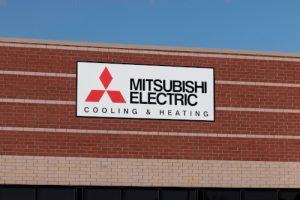 When
When 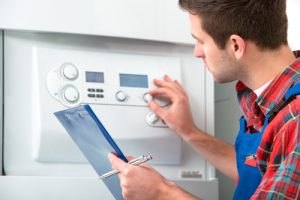 Having a
Having a 